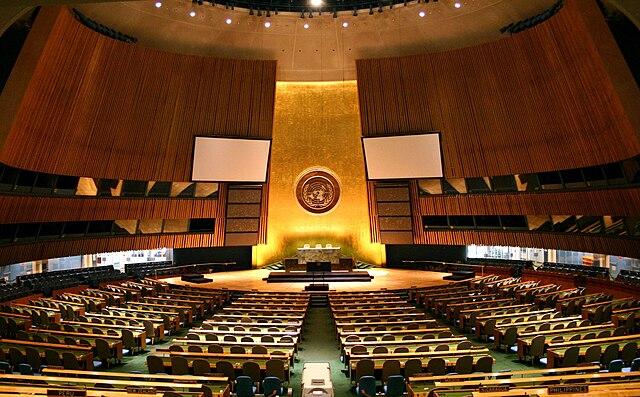The UN appears increasingly powerless in addressing major global conflicts, with daily press briefings exposing the organization's inability to enforce meaningful action beyond issuing statements of concern. The Security Council's structure, with five permanent members holding veto power, has created what experts call a "tolerable level of dysfunction" that undermines the organization's credibility and effectiveness.
While Western nations grapple with the UN's paralysis, China is quietly orchestrating a strategic transformation of the organization from within. Through its "Global Government Initiative," Beijing is building alliances with Global South countries, positioning itself as a reliable alternative to traditional US leadership. This isn't happening in secret—it's playing out openly within UN halls, where China celebrates with allies like Russia, Pakistan, and Qatar, promoting a vision of the organization that prioritizes economic development and stability over Western concepts of political freedoms and human rights.
Secretary-General Guterres, acknowledges the organization's limitations, in the words Dag Hammarskjöld, former Secretary-General during the 50s, the UN wasn't designed "to bring us to heaven, but to save us from hell."
While the UN may be failing at its original mission of preventing major conflicts, it's evolving into something different—potentially under Chinese rather than American influence—as global power dynamics shift and emerging nations demand a greater voice in international affairs.
Photo: © Patrick Gruban via Wikimedia Commons



